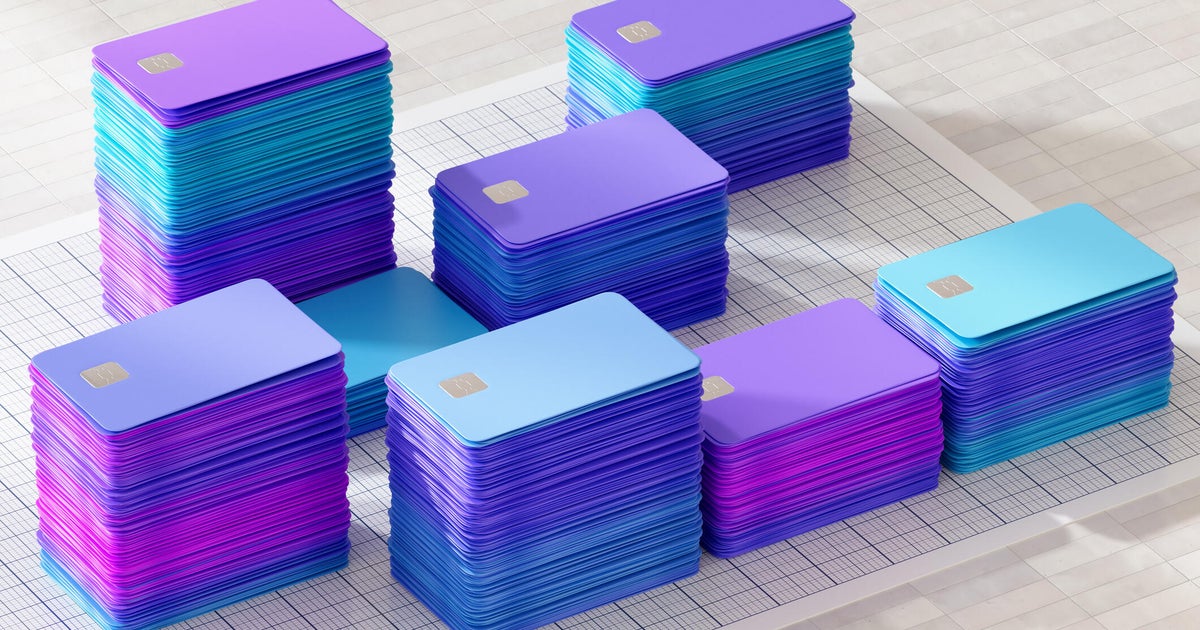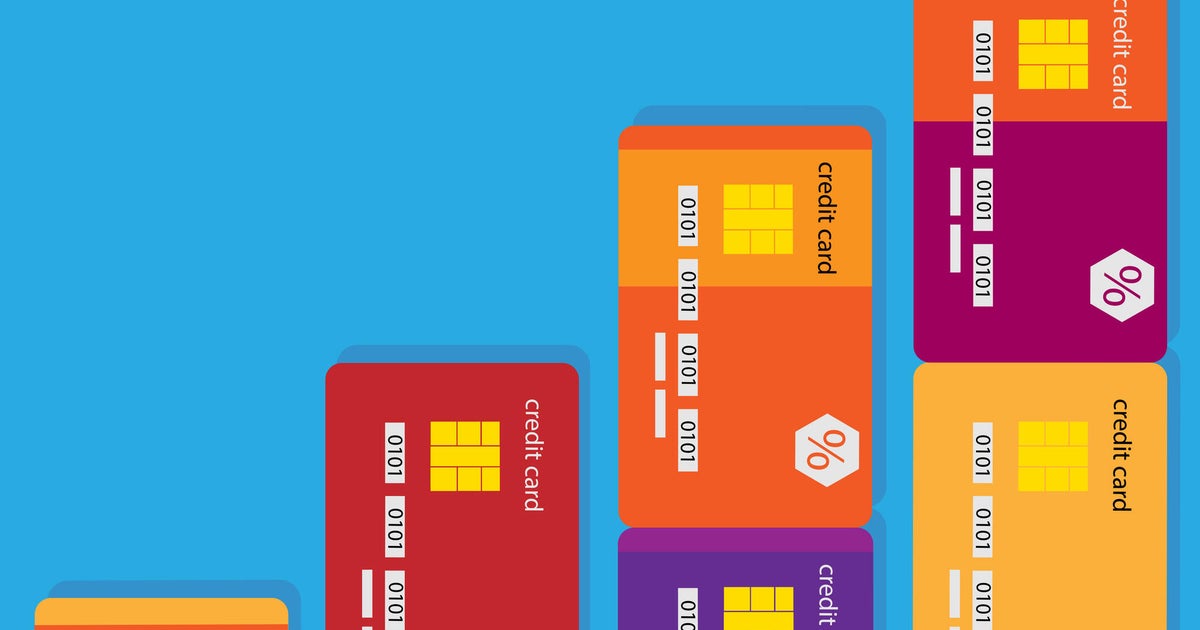4 simple ways for seniors to consolidate debt
Stubborn inflation has continued to impact the finances of Americans across the nation. However, seniors on limited incomes may be feeling a lot of financial pain in particular. After all, rising prices caused by high inflation means that many are devoting a higher percentage of their incomes to necessities like food, housing and fuel.
And, due to these higher costs, an increased number of people, seniors included, may be using their credit cards to stay afloat, as indicated by the recent data that shows about one in five credit cards are maxed out. High amounts of credit card debt and other debts can be especially damaging to seniors' finances, as limited income can mean they may struggle to pay their statement balances in full to avoid compounding interest charges.
In turn, it may take seniors a long time to escape credit card debt, but that doesn't always have to be the case. There are several options seniors have for consolidating credit card debt and paying it off faster.
Not sure which strategy is best? Learn more about your debt relief options online here.
4 simple ways for seniors to consolidate debt
Here are some good consolidation options seniors have if they want to pay off debt faster.
Borrow money with a debt consolidation loan
If you can qualify for a lower rate than the average rate on your credit cards, a debt consolidation loan could be your best option, says Ohan Kayikchyan, a certified financial planner and founder of Ohan The Money Doctor.
A debt consolidation loan is a type of loan you can use to merge multiple debts, like high-interest credit cards, into a single debt. And, securing a lower-rate debt consolidation loan could save you thousands of dollars in interest over time.
That said, you may have trouble qualifying for a debt consolidation loan with a lower rate if you have poor credit or other blemishes on your credit report. In these cases, it may not make much sense to consider a debt consolidation loan — unless the streamlined payments that come with rolling multiple debt obligations into one make it easier on your finances.
Explore your top debt consolidation and debt relief options now.
Get help from a debt relief company
Debt relief companies can help you consolidate your debt with a loan from a lender partner, which works much like taking out a debt consolidation loan through other means. And, these debt relief companies can also negotiate lower rates on your behalf or help you settle the debt (and pay less than what you owe).
As a result, using a debt relief service could help you consolidate your credit card debt or offer other ways to get out of debt faster and save money.
However, this option comes with a few trade-offs. For example, when you enroll in a credit card forgiveness plan to settle your debt, it can damage your credit score. In turn, it's important to make sure you understand the risks of debt settlement before enrolling, Dr. Kate Mielitz, an accredited financial counselor, says.
"You may be sued — many times the debt relief company can resolve the debt before the judgment is handed down," says Mielitz.
For example, you might end up paying more than the amount you originally agreed to satisfy the terms a debt relief company makes with your original creditor to avoid wage garnishment, says Mielitz.
As an alternative to working with a debt relief program, Mielitz recommends contacting someone at a not-for-profit counseling agency, like the National Foundation for Credit Counseling, to see if a debt management plan is a better choice.
Leslie H. Tayne, Esq, founder and head attorney at Tayne Law Group, P.C., a debt relief firm based in New York, has a different perspective than Mielitz on seniors setting debt.
"I'm a fan of debt settlement when it's done right," Tayne says. "By reducing and eliminating the debt sooner and with a smaller, more manageable budget, seniors can improve their financial situations."
Tayne says her firm has often found that seniors don't need to worry about credit, so the downsides to debt settlement are minimized. In turn, debt settlement may be the perfect option if you don't plan on applying for a home or auto loan anytime soon.
Tap into your home equity
If you're a homeowner, consolidating your high-interest debt with funds from a home equity line of credit (HELOC) or home equity loan could make sense. Both options generally provide lower rates than credit cards and traditional debt consolidation loans, so these equity-tapping options could be ideal for consolidating debt.
"Using your home equity can be a good move, but only if you don't use it repeatedly to get out of debt," says Edna Forero, a ChFc and EA based in Jupiter, Florida.
Mielitz says to weigh the potential risks of using your home equity to pay down your credit cards or other debts before taking this route, though. After all, missing a payment on a HELOC or home equity loan can lead to losing your home.
Take out a reverse mortgage
Another way to tap your home equity to consolidate debt is to take out a reverse mortgage. Unlike a traditional mortgage, with a reverse mortgage, the lender pays you a lump sum or monthly payments. What's unique is that a reverse mortgage loan does not require you to make monthly payments like a traditional loan does. Rather, the loan is paid back, with interest, when you sell the home or die.
But while a reverse mortgage provides cash that can be used to consolidate and pay down debt, there are some downsides to consider with this option.
"Closing costs alone could exceed the debt owed," says Tayne.
Tayne recommends reviewing your budget and expenses first to determine whether it's possible to reduce the debt another way rather than converting it into longer-term debt with a reverse mortgage.
The bottom line
As a senior, there are plenty of options for consolidating credit card debt or other high-interest debt. If you have good credit and can comfortably afford the monthly payments, for example, it may be smart to consolidate your high-interest debt with a debt consolidation or home equity loan. But if you don't qualify for a debt consolidation loan option and can't afford to make minimum payments, contacting a debt relief company could make sense.




